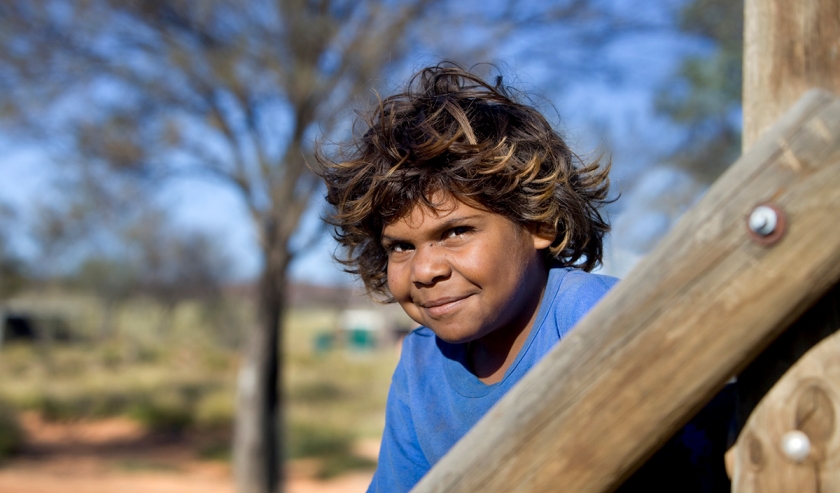MG Corporation represents the Miriuwung and Gajerrong people who have native title over 14,000 square kilometres of land in the East Kimberley region of North Western Australia. The corporation is party to the Ord Final Agreement (OFA) with the State of Western Australia which entitles the corporation to engage in tourism, pastoral and agricultural activities. Its representative status, as well as its OFA entitlements, endow MG Corporation with a unique political presence and capacity to negotiate within the East Kimberley region.
An MG led initiative, 100+ Jobs, sought to trial ways of working with job seekers, employers and government that prioritised Aboriginal ownership. By taking a tailored approach to pursuing sustained employment for 100 people who are currently long-term unemployed, the program aims to draw on existing strengths and support social norms related to employment as well as family stability.
Having made significant progress on program development over several years including having obtained input from community members and leaders, MG Corporation wanted to work with CEI to test and refine their thinking. In close partnership we worked with a range of key stakeholders to revise the program logic for the 100+ Jobs program and develop an evaluation plan built in from the outset of the program.
The work included facilitating workshops to obtain input from MG Corporation leaders and staff, the Empowered Communities backbone organisation and representatives of the federal and state governments. CEI used information collected through the stakeholder engagement process to develop a detailed program logic, agree upon the aims of the evaluation and develop a plan to implement the evaluation that included recommendations for data collection tools.
The 100+ Jobs has launched and CEI's work is used to guide the activities of frontline staff, generate lessons to inform program adaptions and understand program effectiveness. This was a unique project which drew not only on CEI's evaluation and knowledge translation expertise, but also our ability to work effectively on projects with strong community connections and within relevant policy-making context.
We acknowledge the Traditional Owners of country throughout Australia, and recognise their continuing connection to land, waters and community. We pay our respects to them and their cultures, and to Elders past and present.
